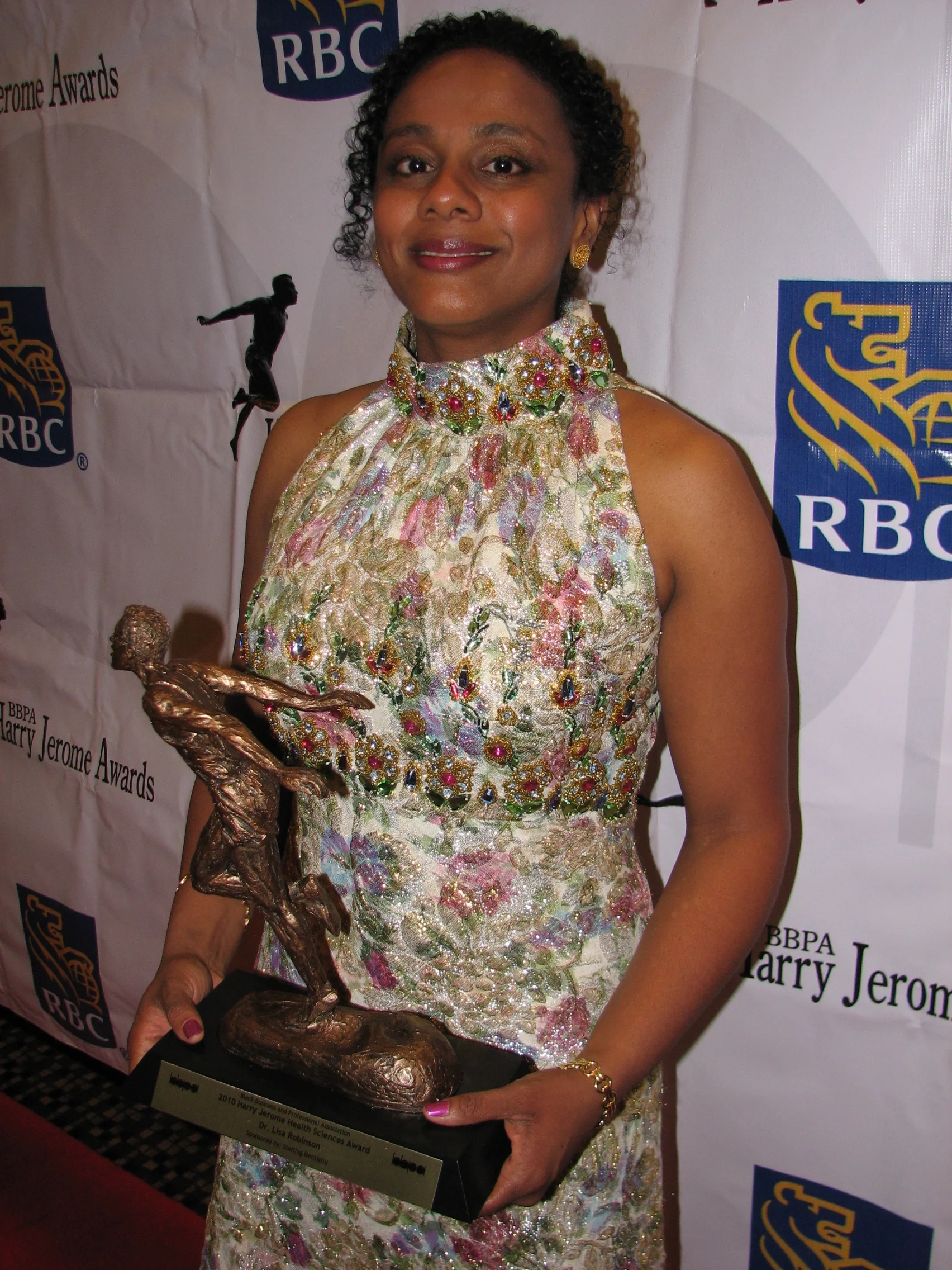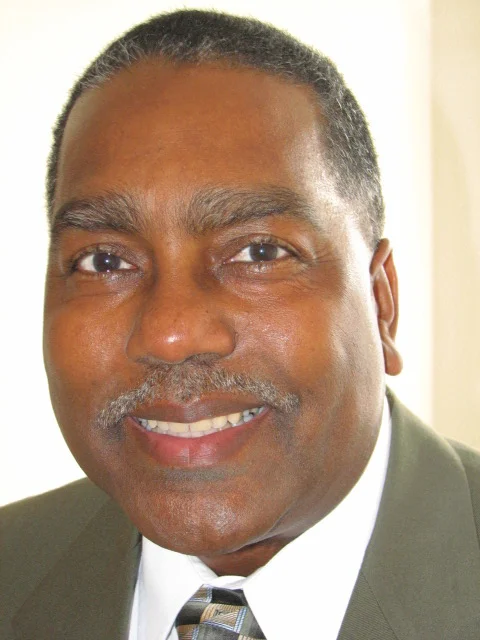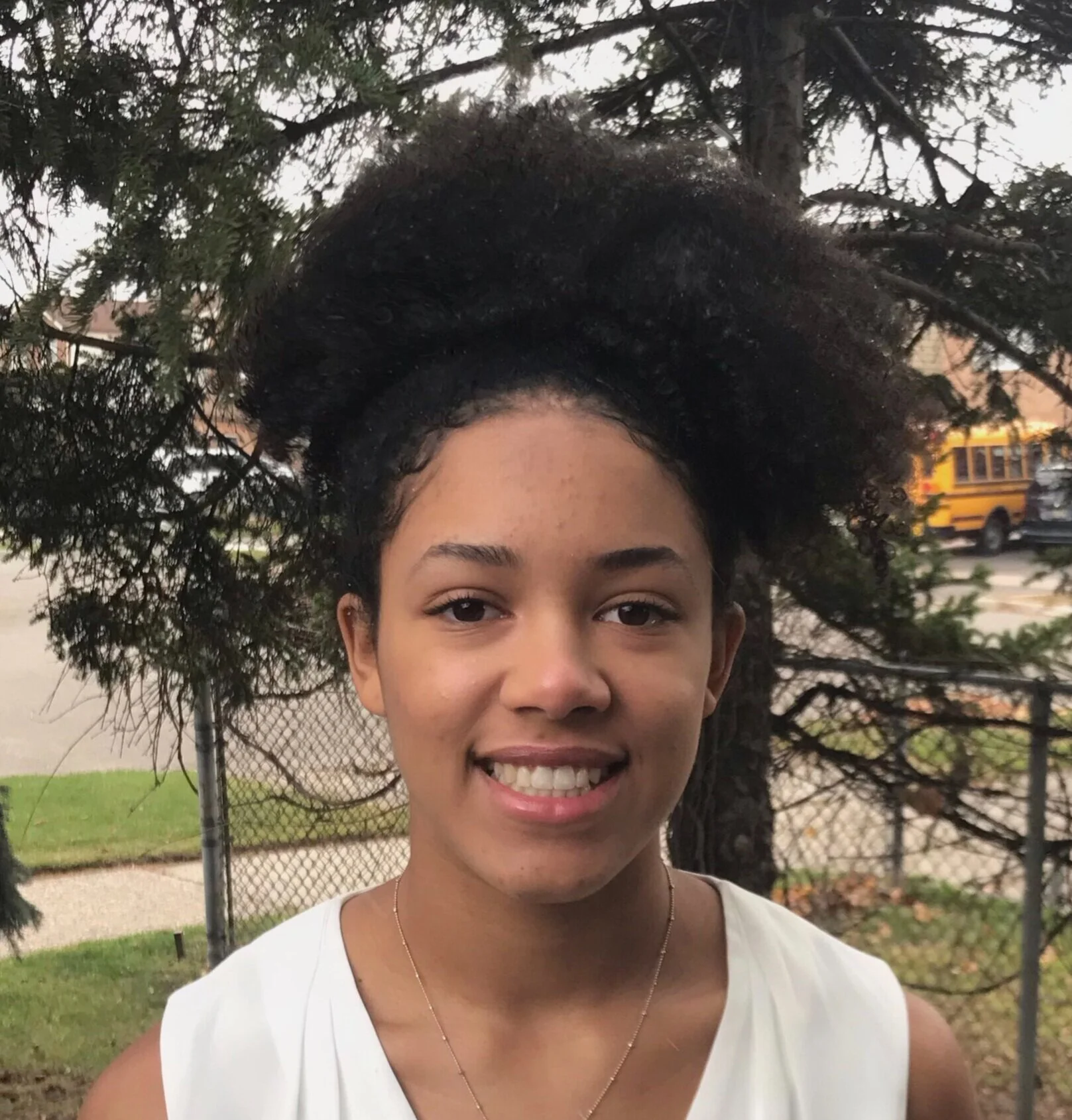U of T program aims to increase Black medical school applicants
March 17, 2017
When Lisa Robinson and Dominick Shelton completed the doctor of medicine program (MD) at the University of Toronto (U of T) in 1991, they were the only Blacks in a class of 252.
Not much has changed in the last 26 years.
In 1994, Shelton along with Dr. Miriam Rossi, Dr. Kristine Whitehead, Diana Alli and the Faculty of Medicine’s support started a summer mentorship program to offer a focus for Black and Aboriginal students with both an interest and aptitude for the sciences, particularly for those who otherwise would not have available mentorship opportunities.
Grade 10 and 11 students in the Greater Toronto Area are assigned to hospitals and other health care sectors and provided with opportunities to interact with graduates and students in health care programs. The enrollees also secure a high school co-op credit and the opportunity to reach maximum levels of academic achievement.
In the last 23 years, over 800 students have graduated from the program. Almost all have attained post-secondary degrees and nearly half have completed a medical degree or professional program in health sciences.
Two years ago, Ike Okafor, the senior officer of Service Learning and Diversity Outreach at the Office of Health Professions Student Affairs (OHPSA) and chair of the Black Canadian Admissions Subcommittee (BCAS), started the Community of Support (COS) to increase outreach to Black Canadian students and ultimately boost the number of Black medical students at U of T.
COS meets these goals by providing opportunities for mentorship, job shadowing and research as well as personalized guidance on admissions.
Now, the university has stepped up to the plate by launching the first program of its kind in Canada to encourage more applications from Black students. The Black Student Application Program (BSAP) will be in place for the 2017-18 MD program admissions cycle.
Robinson, a professor in the paediatrics department and chief diversity officer in the Faculty of Medicine at U of T, said issues of diversity, inclusion and equity are a priority for the Faculty of Medicine.
“Through this new program, which is the result of a team effort and supportive leadership, we are hoping to break down some of the barriers that might impede Black students from applying and also to nurture a culturally safe environment that’s welcoming,” said Robinson who was the recipient of a 2010 Harry Jerome Award for excellence in medicine. “Studies show that increased diversity of medical students provides them with unique learning opportunities and ultimately leads to better physicians with greater ability and understanding of diverse communities.
“…There are some amazing students out there, but they may not know anything about medicine or they may not have role models that can talk to them about careers in medicine…Caring about a patient holistically means understanding how culture can impact health. We are not sacrificing excellence to achieve diversity. Instead, we are embracing diversity to achieve excellence.”
Shelton, who specialized in emergency medicine and is the Sunnybrook Health Sciences Centre emergency department quality & safety director, said the BSAP is long overdue.
Dr. Dominick Shelton
“This really is a culmination of some of the other things we have put in place like the summer mentorship and advocacy programs,” said Shelton who, for the past decade, has returned to Jamaica annually to provide voluntary medical care for residents in a rural community. “Now, the university is working on what they can do and that’s great.”
Though the Black population in the Greater Toronto Area comprises about 8.5 per cent of the population, it’s a community that’s under-represented in medical school.
“The current MD program student population reflects the fact that we aren’t attracting many students from the Black community,” said the program’s vice dean Dr. Patricia Houston. “We want to change that. Our goal is to create a supportive community for Black students that extend beyond the application process. And fostering a sense of community is essential to the success of our students.”
Alli said it’s critical that the medical school reflects the diversity of the community.
“I am impressed that the Faculty of Medicine will conduct an equitable, transparent and mission-based process by being inclusive of role models from similar backgrounds in the selection and interviewing process while still maintaining its high merit-based criteria,” said the former U of T admissions officer and current president of the Access Empowerment Council. “This is an impressive stride to achieving and increasing numbers of Blacks and Indigenous students in medical school.”
The BSAP is an optional stream for Black applicants who self-identify as Black African, Black Caribbean, Black North American and multiracial students who have and identify with their Black ancestry.
Applicants must meet the same admission requirements as those who use the general application stream.
There will be no quota for the number of students admitted through BSAP and applicants will be required to include an essay that is BSAP specific as part of their non-academic requirements.
Applicant file reviews and interviews will include Black physicians and/or community members.
The MD program BCAS reporting will oversee the process.
The BSAP was developed in consultation with students, faculty, staff, Black community members and Black medical professions.







